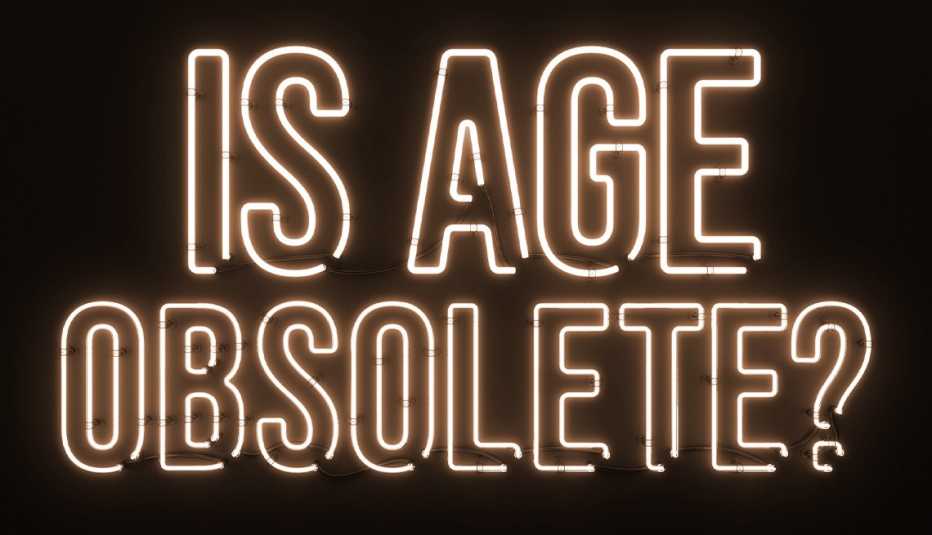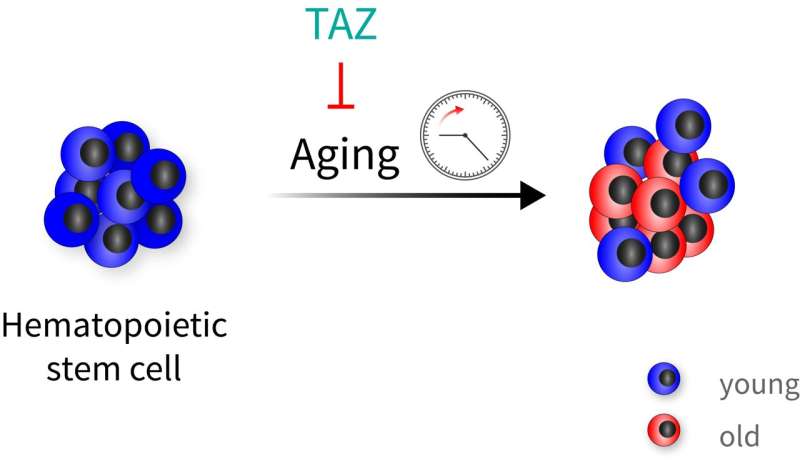By Robert Love – AARP‘
American culture is awash in feel-good aphorisms about aging: “60 is the new 40,” “Age is just a number”; you know the drill. These are fine messages for T-shirts and greeting cards, but do they really reflect your experience of aging? They certainly don’t reflect mine. When we’re talking about age — seriously, I mean — we ought to be embracing quite a different message — one that, in its way, is even more positive. Better yet: It’s actually true.
First, a few facts. In the past 100 years, life expectancy at birth in the United States has risen by about 20 years. Granted, that good-news story has darkened quite a bit lately, with the COVID pandemic and drug overdoses claiming the lives of too many Americans. Even so, the expected life span of a baby born in the U.S. today is 77.5 years. For 1923 babies, it was 57.2.




